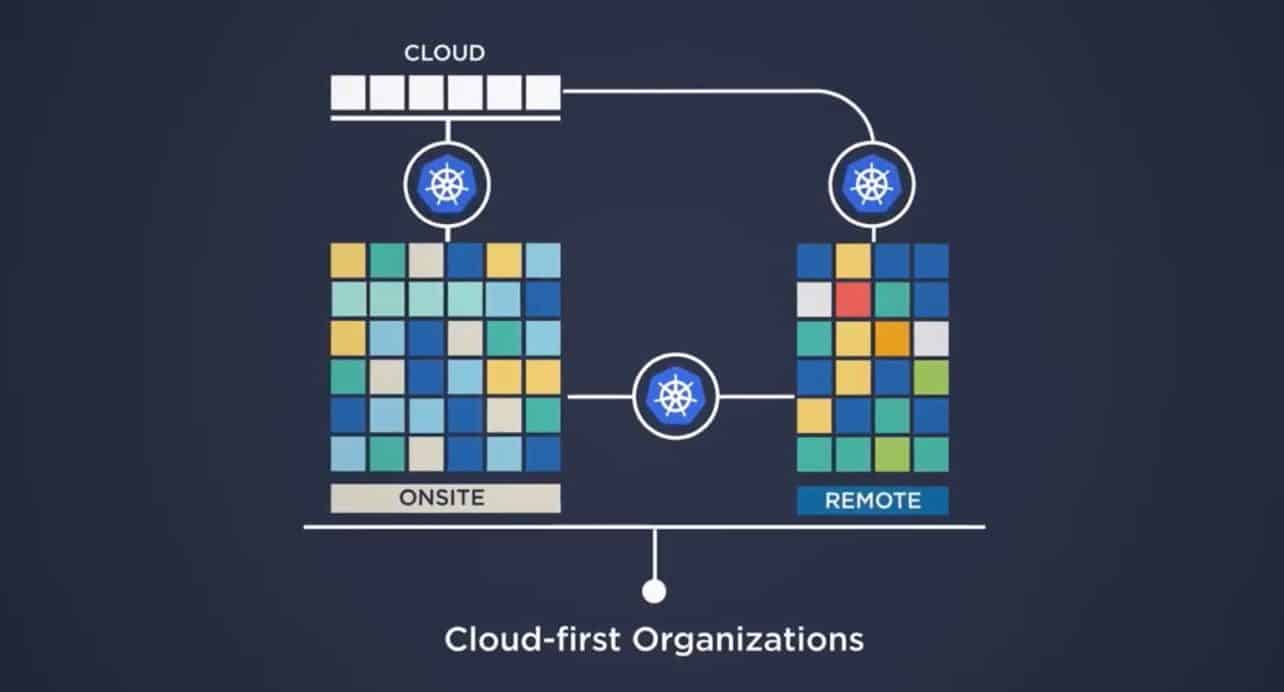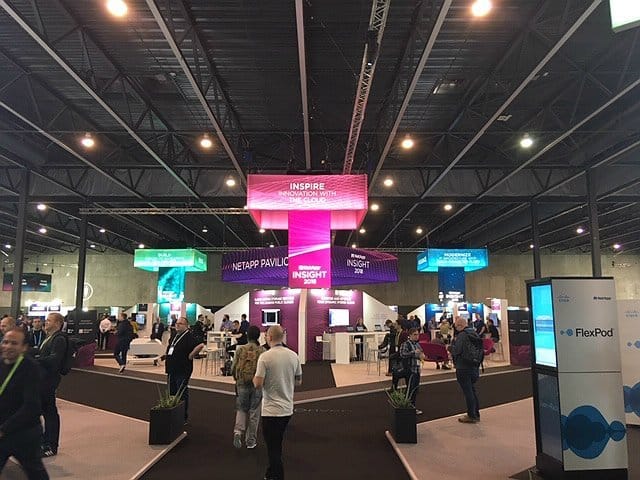NetApp recently launched its new initiative Project Astra. The idea is to heavily invest in storage and data services in combination with Kubernetes. NetApp notices that enterprises are using more containers, and are opting for Kubernetes for management. However, there are also some obstacles around data management. Project Astra could solve some of these problems, by eventually introducing some dedicated products.
Kubernetes has been around for almost six years and has become the standard for containers. The platform is used a lot for the development and deployment of cloud-native applications for multiple IT environments; whether it is the on-premise data center, public clouds or the IoT edge. Various IT suppliers have now developed services around Kubernetes in order to support this development. NetApp also owns Kubernetes projects with Trident and Kubernetes Services, but wants to take things a step further with Project Astra.
Project Astra must make infrastructure more suitable for Kubernetes
According to NetApp, an infrastructure approach is needed to make data as ‘portable’ as applications. For hybrid and multi-cloud environments, Kubernetes offers much capabilities to solve application portability problems. But regarding data mobility and portability, NetApp notices there isn’t happening a lot. As a result, IT teams sometimes encounter unrealistic expectations. They are expected to have tools for storing the data of cloud-native applications, as well applications for governance, protection and replication.

To support these teams, NetApp has drawn up three principles that Project Astra must address:
- Companies must be able to use their desired Kubernetes distribution and infrastructure solutions. It is crucial to use the best cloud for specific workloads, but also, for example, to keep specific things on-premise.
- Application and data management need to be more unified. NetApp wants to end thinking about ‘pieces of compute’ and ‘pieces of storage’. Instead, a new approach where people think about the end-to-end delivery of applications and data and what that means for IT teams is desirable.
- Applications, Kubernetes and workloads should be as portable as possible. Kubernetes was once created with portability in mind, and it should continue being a top priority.
With these principles NetApp is convinced the company will enter the next phase of Kubernetes with its storage and data services. To accomplish this, the company will rely on the data management capabilities it currently offers. The already existing solutions Trident and Kubernetes Services will play a major role in Project Astra. Trident is a layer that serves as a storage orchestrator for Kubernetes, while Kubernetes Services adresses workload orchestration and management. As such, Kubernetes Services clashes with several existing services on the market (such as Red Hat OpenShift) and also does not quite match NetApp’s storage speciality. It was therefore decided to quietly transition Kubernetes Services to Project Astra. Now their plan is to focus on the points mentioned above in combination with several essential features such as migrating applications and data between Kubernetes clusters, backup, restore and data recovery.
NetApp also refers to the portability that certain services already offer through existing partnerships. As a storage vendor, it has achieved first-party service status for AWS, Microsoft Azure and Google Cloud Platform, which says a lot about migrating and running demanding workloads. On the other hand, NetApp also has partnerships with vendors of Kubernetes distributions, such as Red Hat and SUSE. Project Astra intends to use the underlying technology of these cloud partners, and then reinforce the technology by integrating data services with applications.
With this in mind, NetApp plans to further develop Project Astra in the upcoming quarters. The company also requires to use the users’ input. That is why certain functionalities have been made available in a preview form. The features may appear in final products, but nothing is set yet because everything is still in development.
Tip: NetApp focuses on simpler storage and data services for multi-cloud
